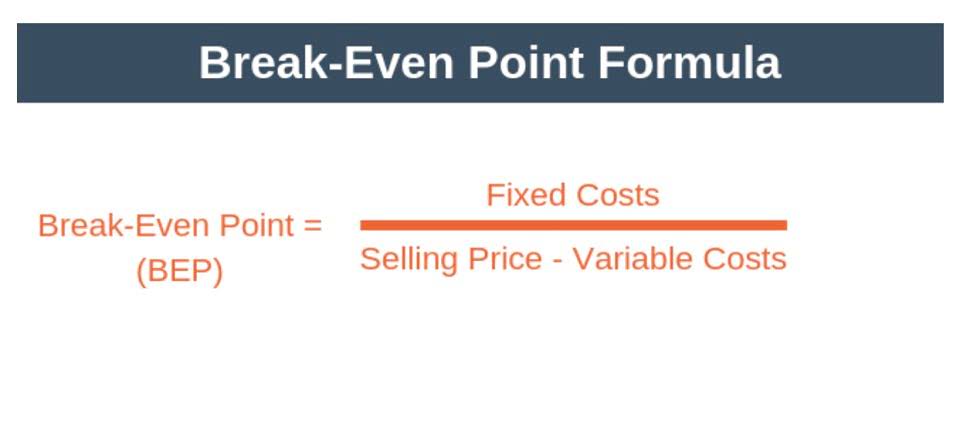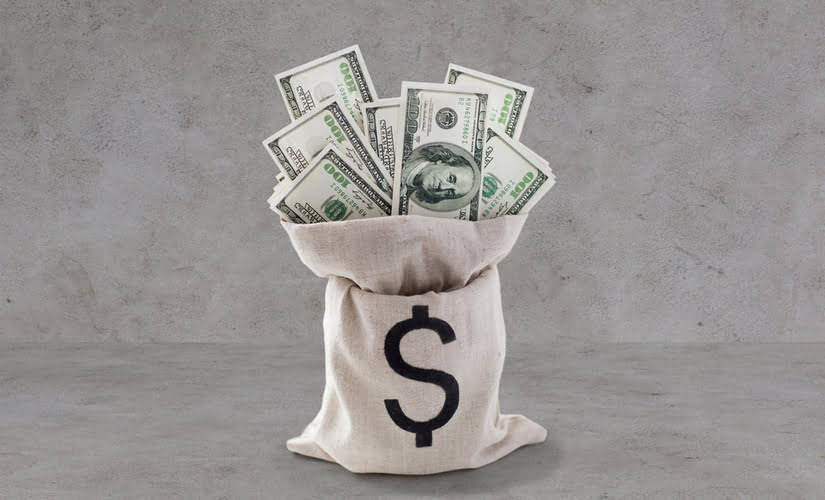
If you are unsure which forms are required for your organization, we are here to help you figure it out. Obtaining the Bookkeeping Certification requires completion of coursework and passing a Uniform Bookkeeping Certification Examination. Also ask what certifications or accreditations https://www.bookstime.com/ are held by professionals at the firm. It will be capable of meeting all of the requirements mentioned above and readily interfaces with applications and the cloud to provide up-to-date data. You may not sell things like a conventional firm, but you do have various revenue streams.
A nonprofit reconciles bank accounts by comparing the recorded amounts to the amounts on bank statements. Most organizations exempt from income tax under section 501 are still required to file Form 990 (or Form 990EZ, if they qualify), which discloses your nonprofit’s revenues, expenses and changes to net assets to the public. Looking up a nonprofit’s Form 990—using services like Guidestar.org—can tell you a lot about its financial state. We recognize the critical importance that the nonprofit sector plays in our communities; and that is why we have devoted ourselves to serving nonprofits of all sizes. We bring years of industry experience in both public and private accounting for nonprofits. Remote Quality Bookkeeping is a bookkeeping company that offers efficient financial solutions to small and medium enterprises throughout the Bridgewater area.
What are some basic bookkeeping tips and best practices for nonprofit accounting?
Nonprofit bookkeeping refers to the recording, tracking, and analyzing of an organization’s revenue and expenses. Nonprofits must be transparent in their bookkeeping to remain tax-exempt. The best way to do this is by following accounting principles and staying aligned with the organization’s mission.
Never use your own personal bank account for funds that belong in the nonprofit organization. Make sure you have a dedicated bank account for your nonprofit’s transactions. Murray Dropkin, C.P.A., M.B.A., is president of CMS Systems, Inc., a consulting firm that specializes in improving the operational and financial operations of nonprofit and for-profit organizations.
Price: Free booking service Call 848.Book.Pro!
At BSSF, we understand the environment you operate in, as well as the challenges you face. Our breadth of work serves many parts of the Mid-Atlantic region, with a large focus in Central Pennsylvania and Maryland. A busy bookkeeping service is a sign that the organization has a healthy portfolio of clients because the firm does good work. The reason for this is because those who fund grants and make donations want to make sure their money is being spent on the agreed-upon projects and programs.
- You can either assign this task to one of your staff members or trust a professional to handle it.
- Fund accounting allows nonprofits to allocate money into different groups to keep them better organized and ensure that the funds go toward the designated requests.
- One of the first things we need to clarify before digging deeper into bookkeeping for a nonprofit is the difference between nonprofit and for-profit entities.
- This budget includes all of the expected income sources and expected expenses.
- The reason for this is because those who fund grants and make donations want to make sure their money is being spent on the agreed-upon projects and programs.
A nonprofit’s statement of cash flow tracks a nonprofit organization’s cash and financial health. This statement contains information on how much cash an organization generates from investing, financing, and operations. The statement of financial position represents the nonprofit version of the balance sheet. This statement provides insight into how much a nonprofit owes, what it owns, and how much money is left. Unlike for-profits, nonprofits don’t have equity because they don’t have owners, and that’s the biggest difference between a balance sheet and a statement of financial position. Some are unrestricted net assets and some are considered restricted net assets.
Key Questions to Ask When Selecting a Bookkeeping Firm
In this case, shareholders, investors, tax authorities, management, and suppliers are interested in the entity’s financial position, and that’s what for-profit accounting focuses on. Nonprofit organizations have a tax-exempt status with the Internal Revenue Service (IRS). If they want to maintain this status, they need to do accurate bookkeeping. To learn more about exactly which taxes your tax-exempt nonprofit might still be Bookkeeping Services in Lancaster on the hook for, consult IRS Publication 557, or better yet, consult with a nonprofit tax specialist. They’ll have experience helping organizations like yours minimize their tax bill and make sure you aren’t breaking any tax code rules. One major difference between the statement of activities and the income statement is that instead of calculating net “profit,” the statement of activities calculates changes in net assets.

Most nonprofit-friendly accounting software like QuickBooks Aplos or Nonprofit Treasurer will allow you to generate financial statements automatically. Although it’s possible to manually generate financial statements from your ledger or spreadsheet, it takes a ton of accounting knowledge and time to do it right. In most cases, it’s better to let your accounting software or a bookkeeper take care of this step for you.
Services
In other words, effective bookkeeping practices will accurately record and monitor your financial activity throughout the fiscal year. When the time comes to report your financial activity or make a budgetary decision, you’ll be equipped with precise and thorough information. That way, you can be sure that your nonprofit maintains both its 501(c)(3) status and the trust of its supporters.

Each client will work with one bookkeeper to build a committed and effective working relationship. Nonprofit organizations face significant challenges in the current economic climate. Organizations are competing for donor funds, grants and other vital funding. As such, you must demonstrate program outcomes, while efficiently utilizing your resources and ensuring compliance with applicable not-for-profit financial and regulatory requirements. This combination of Lancaster County’s attributes – along with its proximity to Philadelphia, New York City, Baltimore and Washington DC – has put the county on the map as a highly-regarded place to live and do business.
